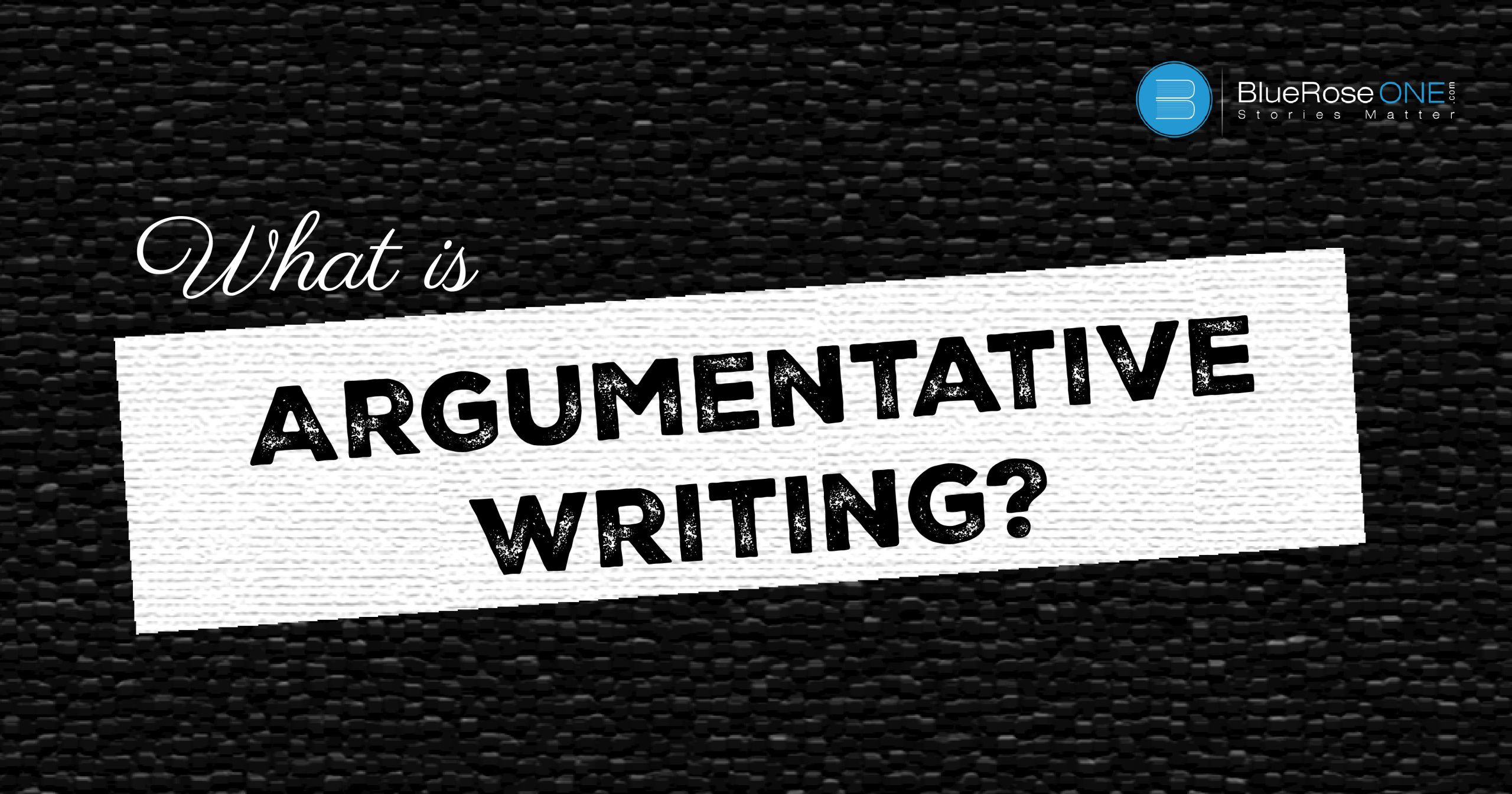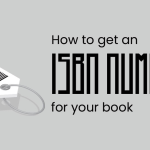Argumentative writing is a powerful form of communication that goes beyond expressing opinions; it is the art of persuading others to see your point of view. In a world inundated with information, the ability to craft a compelling argument is a skill that can set you apart. In this blog post, we will delve into the nuances of argumentative writing, exploring its definition, components, and essential techniques to justify and strengthen your point effectively.
Understanding what is argumentative writing:
Argumentative writing is a genre of writing that aims to persuade the reader to accept or agree with a particular point of view. It involves presenting a coherent and logical argument supported by evidence, facts, and examples. Unlike informative or descriptive writing, argumentative writing is dynamic, engaging the reader in a thought-provoking dialogue.
You may also like: Literary Elements: A Complete List of Powerful Literary Devices
Components of an Argumentative Essay:
- Introduction:
The introduction is the reader’s first experience with your argumentative essay, therefore it’s critical for creating the tone and catching attention. Begin with an intriguing hook, such as a thought-provoking question, a pertinent quotation, or an unexpected fact.
This immediately interests the reader and pushes them to go further into your argument. Provide background information to contextualize your topic, including a quick description of the situation at hand. Finally, end the introduction with a precise thesis statement that summarizes your major point.
For example: In the bustling world of technology, where innovation shapes our daily lives, the question of privacy looms large. As we embrace the convenience of smart devices, the trade-off between technological advancements and personal privacy becomes increasingly pronounced. Argumentative essay explores the delicate balance between technological progress and individual privacy, contending that safeguarding the latter is paramount in a digitised society. - Thesis Statement:
The thesis statement is the foundation of your argumentative essay, articulating your position and directing the reader through your essay. It ought to be detailed, arguable, and brief. A solid thesis serves as a road map, giving the reader with a clear path to follow. In the aforementioned scenario,
This essay contends that safeguarding individual privacy is paramount in a digitised society as we grapple with the ethical implications of technological progress. By analysing the tension between innovation and privacy, we can navigate a path that ensures both technological advancements and personal freedoms coexist harmoniously. - Body Paragraphs:
Each body paragraph should focus on a specific point that supports your thesis. Start with a topic sentence that introduces the main idea of the paragraph. Follow this with evidence, examples, and analysis to strengthen your argument. Ensure a logical flow between paragraphs to maintain coherence.
For instance: The first body paragraph delves into the invasive nature of data collection by tech companies. With examples like targeted advertisements based on user behaviour, it illustrates how personal information is commodified, raising concerns about consent and the ethical implications of such practices. - Counterarguments:
Acknowledging opposing viewpoints adds depth to your argumentative essay and showcases a nuanced understanding of the topic. Address counterarguments and refute them with strong evidence. This enhances the credibility of your position.
For example: While some argue that sacrificing privacy is a necessary trade-off for technological conveniences, this essay recognises these perspectives. However, a closer examination reveals that prioritising individual privacy not only respects fundamental rights but also encourages responsible technological innovation. - Conclusion:
The conclusion summarises the main points, restates the thesis, and leaves the reader with a compelling closing thought. Reinforce the significance of your argument, leaving a lasting impression.
In the privacy and technology example: As we navigate the ever-evolving landscape of technology, the preservation of individual privacy stands as a beacon guiding ethical innovation. By prioritising privacy, we ensure a future where technological progress enriches our lives without compromising our fundamental rights. It is a delicate dance, but one that must be choreographed with precision to secure a harmonious coexistence between innovation and individual freedom.
You may also like: How to Publish a Book? | Publish Your Book | BlueRoseOne
Best Techniques for Effective Argumentation Writing:
- Research and Evidence:
A well-researched argument writing is the backbone of persuasive writing. Citing credible sources, statistics, and examples not only bolsters your claims but also showcases the depth of your understanding of the topic. For instance, if you’re arguing in favour of renewable energy, you might cite studies from reputable institutions like the International Energy Agency or provide statistics on the increasing adoption of solar and wind power globally. This not only adds authority to your argumentative essay but also invites readers to trust your perspective based on solid evidence. - Logical Reasoning:
Building a logical structure for your argumentative writing is essential for its coherence and persuasiveness. Ensure a clear and seamless progression of ideas, guiding the reader through a well-organised thought process. For instance, if your argumentative essay revolves around the benefits of a healthy lifestyle, logically present arguments starting from the impact on individual well-being to broader societal benefits. A logical structure makes it easier for readers to follow your reasoning, reinforcing the overall strength of your argumentative essay. - Emotional Appeal:
While logic is crucial, emotions can deeply resonate with readers and enhance the persuasiveness of your argument. Share relatable stories or personal anecdotes to connect with your audience on a human level. For example, when arguing for stricter environmental regulations, recounting personal experiences of witnessing the impact of pollution on communities can evoke empathy. By appealing to emotions, you make your argumentative essay more memorable and compelling, fostering a stronger connection with your audience. - Clarity and Conciseness:
Avoiding ambiguity and verbosity is essential for effective communication. Present your ideas in a clear and concise manner, ensuring that your argument is easily understood. For instance, if you’re arguing for educational reforms, clearly outline the key issues and proposed solutions without unnecessary jargon. A well-articulated argument not only facilitates understanding but also increases the likelihood of your message being accepted by the reader. - Tone and Style:
Consider your audience when choosing the tone and style of your argumentative essay. Striking a balance between formality and relatability is crucial. For instance, if addressing a professional audience about workplace diversity, maintain a formal tone but incorporate relatable examples to enhance understanding. A conversational tone can make your argument writing more accessible, establishing a connection with the reader while maintaining professionalism in the communication. This careful consideration of tone and style enhances the overall impact of your argument essay.
You may also read: What is An Anti-Hero? Traits, Motivation and Famous Examples
Justifying Your Point:
To justify your point effectively, it is imperative to emphasise the importance of critical thinking and thoughtful analysis. Provide thorough explanations for each assertion, citing reputable sources and ensuring a well-rounded understanding of the topic. Additionally, acknowledging and addressing potential counterarguments demonstrates intellectual honesty and strengthens your position. Justification lies not only in presenting a strong argument but also in showcasing the depth of your research, the clarity of your reasoning, and the relevance of your perspective in a broader context.
Mastering the art of argumentative writing is a valuable skill in both the academic and professional realms. It empowers individuals to express their ideas persuasively, fostering constructive dialogue and influencing positive change.
By understanding the components of argumentative essay and employing effective techniques, you can elevate your communication skills and justify your point with conviction. Remember, a well-crafted argument is not just a tool for persuasion; it is a testament to your ability to engage, analyse, and communicate effectively in a world that thrives on informed discourse.
Read: List of Top 10 Book Clubs in the UK That You Must Join in 2024
















